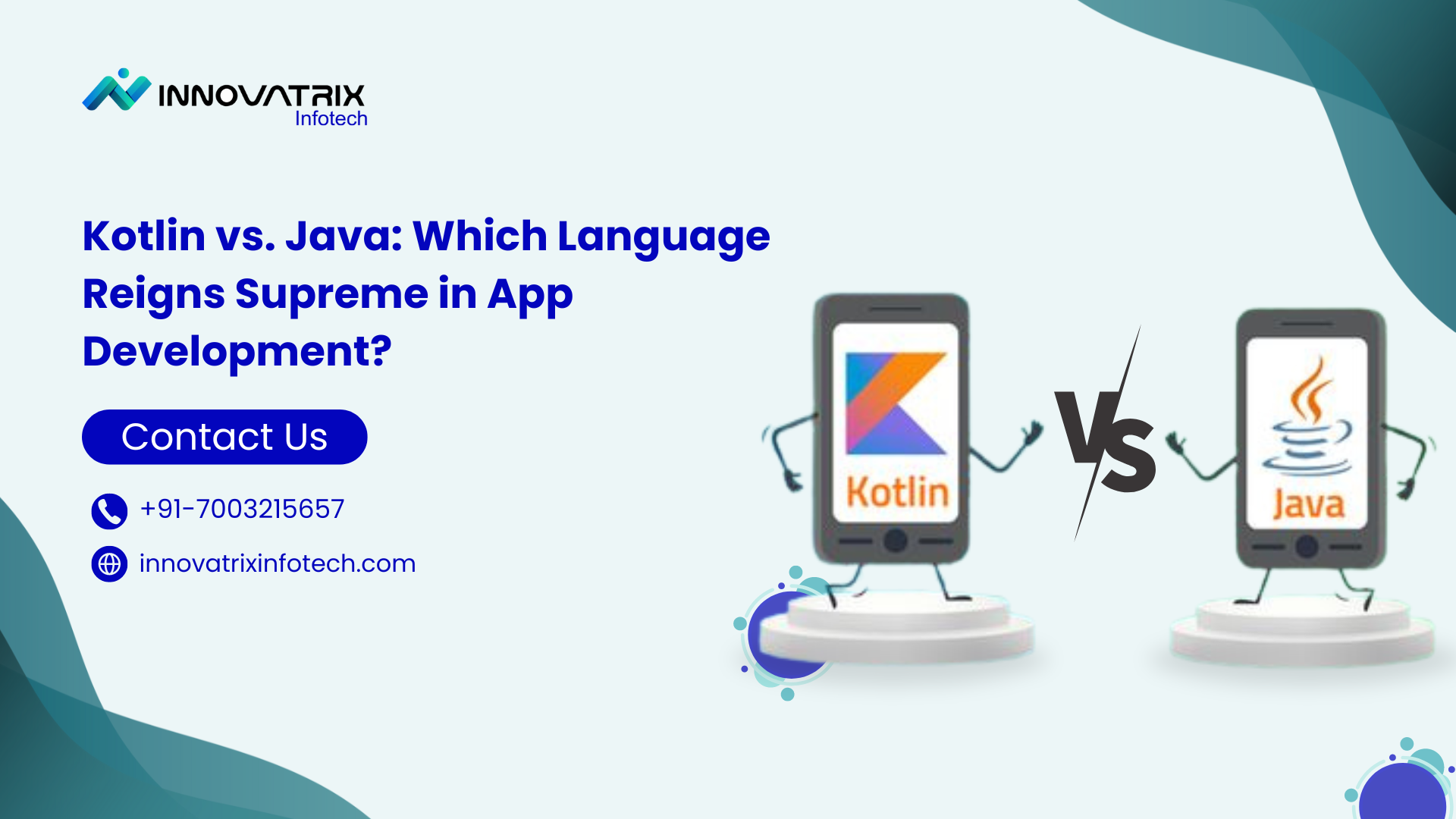Kotlin vs. Java: Which Language Reigns Supreme in App Development?
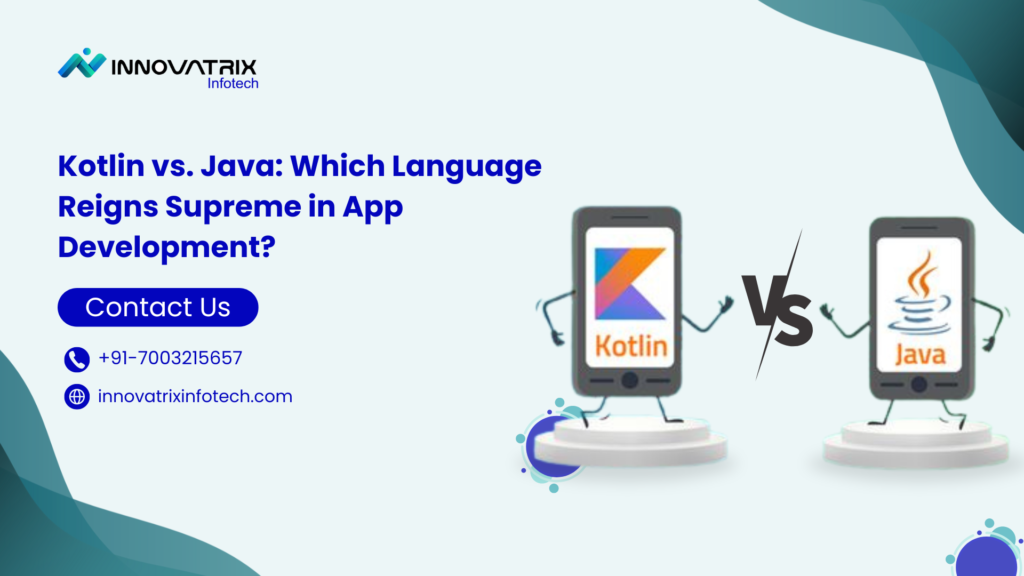
Hello folks, this is Rishabh Sethia, an experienced mobile app developer in Kolkata. Today, in this blog, I will discuss Kotlin vs. Java: Which language reigns supreme in app development? Is mobile app development language troubling you? Are you the one sailing on two different ships? Get yourself anchored in the best mobile app development language programming. The development of mobile apps has come far from simple calendars or messaging apps to WhatsApp or Pokemon Go apps.
In 1995, Java programming was introduced by Sun Microsystems. The independent platform systems and the security credentials of Java make it popular for the development process. However, there have been numerous evolutions in Java since 1995, like Java 8 and Java 9, but it still lacks modern technologies. Kotlin is modern language programming with multiple advanced features, from the Concise codebase to interoperability. Therefore, a proper understanding of the strengths and weaknesses of Kotlin or Java for mobile apps is necessary for selecting the best language for programming.
A Brief History of Java and Kotlin
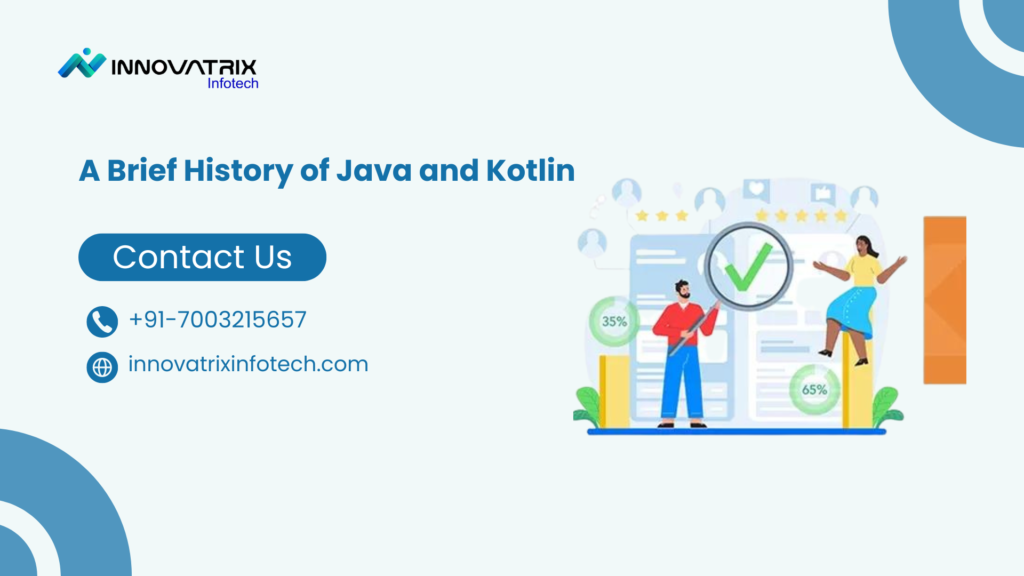
Java’s project in 1991, known as “Oak,” was primarily developed for building virtual machines. The major principle on which Java works is WORA (Write Once, Run Everywhere). It is equipped with safety, security parameters, and an efficient configuration. Java is still the first choice of developers due to its ability to hold large-scale enterprises, viable performance, and server-side technologies.
Kotlin is a modern language programming tool for mobile app development. It was introduced in 2011 by JetBrains to address the limitations of Java. It is an open-source programming language primarily used for JVN Android, Native, and JavaScript. There are more interoperability solutions than Java. Kotlin offers concise codebases, safety features, and pragmatic solutions.
In a world of ever-changing developing languages, choosing Kotlin or Java is a tricky task for developers. The compatibility and interoperability solutions of both Kotlin vs. Java for app development are variable according to the type of app.
Key Features of Java
1) Platform Independence
Java works on the principle of “Write Once, Run Anywhere.” Platform independence of Java is enabled through the Java Virtual Machine (JVM). The applications developed through JVM can run seamlessly and functionally on various platforms.
2) Robust Performance and Scalability
Java works on the principle of “Write Once, Run Anywhere.” Platform independence of Java is enabled through the Java Virtual Machine (JVM). The applications developed through JVM can run seamlessly and functionally on various platforms.
3) Extensive Libraries and Frameworks
Java offers extensive libraries and frameworks that have multiple classes and methods to handle files, data structures, and networking. Enriched libraries reduce the need to write codebases from scratch, thereby reliably advancing the development process.
Key Features of Kotlin
1) Concise and Expressive Syntax
Kotlin’s programming offers concise and expressive syntax, which helps the developers write clear, readable, and maintainable code. The prominent features of Kotlin are databases, lambda expressions, and type inferences. Consequently, it enables developers to achieve wider functionality in fewer codebases.
2) Null Safety
The eminent parameter of Kotlin is null safety, which virtually eliminates null pointers in runtime. It helps reduce common programming, which enhances overall code efficacy. It has a null safety feature by default.
3) Interoperability with Java
Kotlin can integrate easily with existing Java codebases. It enables mobile app developers to mix and match Koltin or Java mobile app codes within the same projects. Gradually fostering Java-to-Kotlin migration into existing codebases.
Kotlin vs. Java: Language Comparison
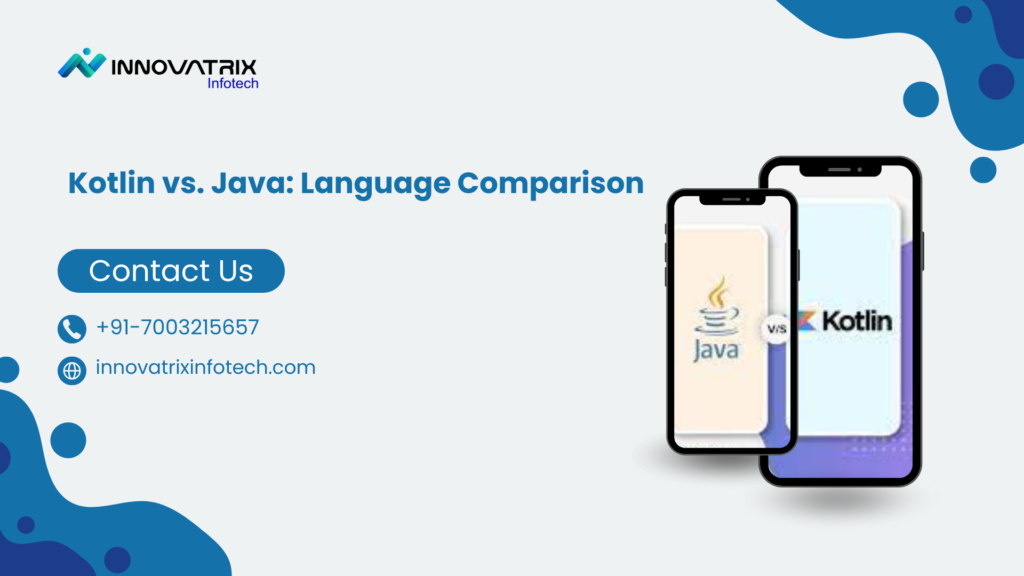
1) Ease of learning and adoption
Ease of learning and adoption in Java app development vs. Kotlin is dependent on the quality of the codebases. Kotlin uses modern and concise syntax for app development. It is boilerplate code, which makes developing mobile apps easier for developers. While Java has a complex codebase due to its wider syntax and viability.
2) Performance and efficiency
In the realm of app development, Java vs. Kotlin performance comparisons are based on efficiency and functional viability. Instant development through Kotlin is due to a simplified and short codebase. Consequently, it offers a more efficient way to develop apps than Java app development patterns.
3) Community and ecosystem
Java has a wider community and ecosystem that have been established for years for mobile app development. The large databases and code libraries of Java are exceptional. Whereas Kotlin is a consistently evolving community with the latest trends and technologies,. It is simultaneously adopting Android app development paradigms.
The arena of app development has witnessed compelling Kotlin vs. Java advantages, which affect the choice of developers.
1. Advantages of Java in App Development
1) Mature tooling and frameworks
The availability of mature tools and frameworks in Java programming is giving impetus to seamless application developments for enterprises. Prominently established Java app development frameworks like Hibernate and Spring are helping developers build secure apps.
2) Extensive documentation and resources
In the process of development, Java programming for apps is enriched with extensive documentation, community resources, tutorials, etc. Access to learning databases and troubleshooting help is easily available in Java app development frameworks.
3) Long-term stability and support
Java has a renowned presence in the sphere of app development. However, consistent upgrades to Java mobile app development tools help maintain the credibility of mobile apps. Java programming also provides security features that include app monitoring.
2. Advantages of Kotlin in App Development
1) Modern language features
The incorporation of the latest language features, such as extension functions, lambda expressions, and code expressiveness, in mobile app development is boosting the quality of apps. These features reduce the code complexity and harness the efficiency of code for certain tasks.
2) Improved developer productivity
Kotlin’s coding capabilities are helping developers have up-to-date experience in the development process of mobile apps. Kotlin’s modern language features, like coroutines, allow developers to multitask without writing complex codes. Therefore, it streamlines the process of mobile app development in a minimum amount of time.
3) First-class support for Android development
Kotlin’s endorsement by Google and integration with Android Studios provide convenience in Android app development. The efficient coding ability of Kotlin programming has widened the horizons of its use in the digital development process.
Case Studies: Java and Kotlin in Real-World Applications
The evolution of programming in terms of Kotlin vs. Java for app development is significantly affecting reliability and functioning. Adaptation to emerging trends and innovation leveraging languages enhances the development process. Here are some prominent Kotlin or Java mobile apps that are popular in the digital ecosystem.
1) Java prowess is visible through popular mobile apps like LinkedIn, AWS (Amazon Web Services), and Eclipse IDE. Moreover, Java programming for apps provides robust security features and web applications.
2) Popular mobile apps like Trello, Pinterest, Instagram, etc. developed using Kotlin programming. These mobile apps have intuitive UI/UX designs that provide user retention and scalable work.
Choosing the right language for your project
The process of app development is highly dependent on Kotlin vs. Java code examples, which will demonstrate the efficiency of mobile apps. The expertise of the developers is curated through well-defined knowledge of various programming languages and their capabilities. Here are the major parameters that need to be considered when choosing Kotlin or Java in mobile app development.
1) Factors to consider
The process of app development is highly dependent on Kotlin vs. Java code examples, which will demonstrate the efficiency of mobile apps. The expertise of the developers is curated through well-defined knowledge of various programming languages and their capabilities. Here are the major parameters that need to be considered when choosing Kotlin or Java in mobile app development.
2) When to use Java
Java is primarily used for large-scale enterprises that require extensive codebase and mature frameworks. The stable infrastructure and wider community support make it a relevant choice for mobile app development.
3) When to use Kotlin
Kotlin is an excellent language programmer for Android app development because it has concise and expressive syntax. Instant development and Java-to-Kotlin migration are helpful for better functioning and viability of mobile apps.
Future Trends and Developments
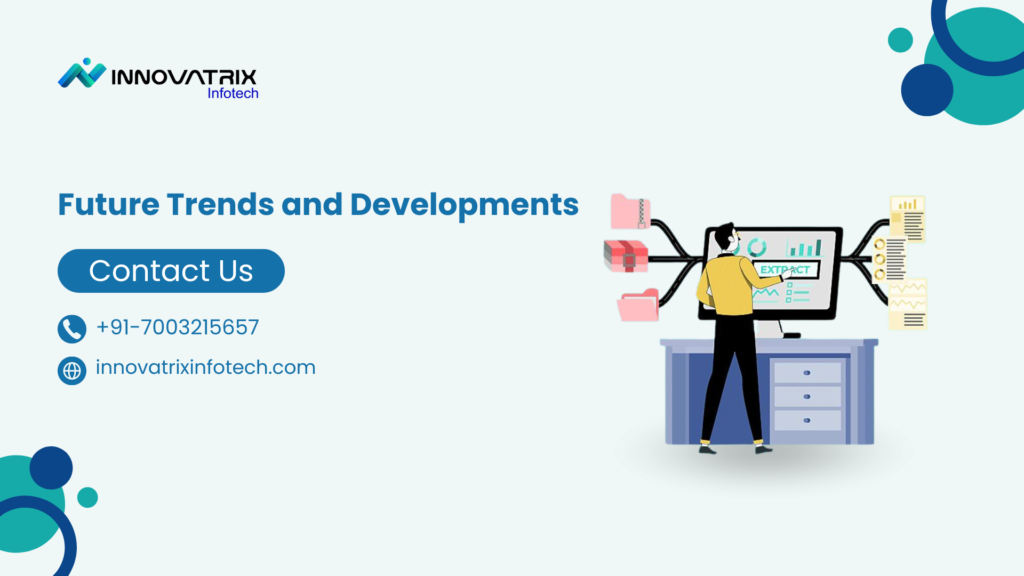
1) Java evolving landscape: The evolution of Java programming for apps is reflected in Project Loom for lightweight concurrency. Project Panama provides better native integration in the development process. Thereby, these developments are transforming the scope of app development.
2) Kotlin’s growth and innovation: The eminent feature of Kotlin’s is its multipurpose working and cross-platform app development. The emerging technologies and performance efficiency of apps enhance the usability of the apps.
3) The role of both languages in emerging technologies: Kotlin or Java for mobile apps are affected by AI-driven solutions, ML, and cloud computing. The blend of Kotlin and Java for app development with emerging technologies is primarily enhancing the domain of digitalization.
Conclusion
While deciding on appropriate programming for app development, Kotlin vs. Java: pros and cons need to be examined properly. Productivity and innovation play a pivotal role in selecting Kotlin vs. Java for app development. Clarity about modern syntax and mature databases is necessary for Android app development. Potential choices are an inevitable part of mobile app development. The unique qualities of Java and Kotlin significantly affect the reliability and efficacy of the apps.
Stuck between the finish line of app development?
Innovatrix Infotech is just a click away!!


